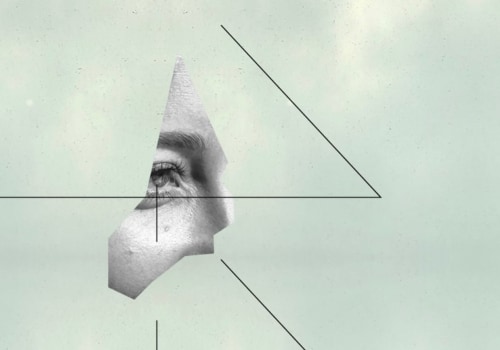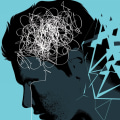Psychotherapy is the therapeutic treatment of mental illness provided by a trained mental health professional. It explores thoughts, feelings, and behaviors, and seeks to improve a person's well-being. Psychotherapy combined with medication is the most effective way to promote recovery. Somatic treatments include drugs, electroconvulsive therapy, and other therapies that stimulate the brain (such as transcranial magnetic stimulation and vagus nerve stimulation).
Psychotherapeutic treatments include psychotherapy (individual, group, or family and spousal), behavioral therapy techniques (such as relaxation training or exposure therapy), and hypnotherapy. Most studies suggest that, for serious mental health disorders, a treatment approach that includes both drugs and psychotherapy is more effective than any of the treatment methods used separately. Psychiatrists aren't the only mental health professionals trained to treat mental illness. Others include clinical psychologists, nurses specializing in psychiatry, and social workers.
However, psychiatrists (and psychiatric nurses in some states) are the only mental health professionals licensed to prescribe medications. Other mental health professionals practice psychotherapy primarily. Many primary care doctors and other types of doctors also prescribe medications to treat mental health disorders. In recent years, significant progress has been made in the field of psychotherapy, which is sometimes referred to as talk therapy.
By creating an atmosphere of empathy and acceptance, the therapist can often help the person identify the source of problems and consider alternatives for dealing with them. The emotional awareness and vision that a person gains through psychotherapy often result in a change in attitude and behavior that allows them to live a fuller and more satisfying life. Psychotherapy is appropriate and effective in a wide range of conditions. Even people who don't have a mental health disorder may find psychotherapy useful for dealing with problems such as work difficulties, bereavement, or chronic illnesses in the family. Group psychotherapy, couples therapy, and family therapy are also widely used.
Psychodynamic psychotherapy, like psychoanalysis, emphasizes identifying unconscious patterns in current thoughts, feelings, and behaviors. However, the person is usually seated instead of lying on a couch and attends only 1 to 3 sessions per week. In addition, less emphasis is placed on the relationship between the person and the therapist. Supportive psychotherapy is based on the empathic and supportive relationship between the person and the therapist. It encourages the expression of feelings and provides help in solving problems.
Primary care doctors can successfully use problem-centered psychotherapy, a form of supportive therapy. For electroconvulsive therapy (ECT), electrodes are placed on the head and, while the person is under anesthesia, a series of electrical shocks are given to the brain to induce a brief seizure. This therapy has been consistently shown to be the most effective treatment for severe depression. Many people treated with ECT experience temporary memory loss. However, contrary to what is described in the media, electroconvulsive therapy is safe and rarely causes other complications.
The modern use of anesthetics and muscle relaxants has greatly reduced any risk. Other therapies that stimulate the brain, such as repetitive transcranial magnetic stimulation (rTMS) and vagus nerve stimulation (VNS), may be beneficial for people with depression who don't respond to medications or psychotherapy. These therapies involve activating or stimulating the brain directly with magnetic fields or implants that stimulate the vagus nerve. It is believed that stimulated cells release chemical messengers (neurotransmitters), which help regulate mood and may alleviate symptoms of depression. It's important to note that having poor mental health doesn't always mean you have a behavioral health disorder. You can also have a behavioral health disorder and still go through extended periods of good mental health.
Behavioral health (sometimes called mental health) includes a person's psychological, emotional, and social well-being. As a result, many mental health disorders can now be treated almost as successfully as physical disorders. It's rare for a family not to be affected by a mental health condition that could interfere with their or a loved one's ability to work, sleep, eat and enjoy life. Mental illnesses are health conditions that involve changes in emotions, thinking or behavior (or a combination of these). Lifestyle changes such as good nutrition, exercise and adequate sleep with good sleep hygiene can contribute to mental health and recovery. However your healthcare provider can perform tests such as blood tests or imaging tests to rule out other conditions that may affect mental health. Mental health treatment is based on an individualized plan developed in collaboration with a mental health doctor and a person (and family members if they wish). Primary care doctors psychiatrists and other mental health doctors help individuals and families understand mental illness and what they can do to manage or cope with symptoms in order to improve health well-being and function. Therefore a mental health diagnosis often involves a comprehensive health evaluation that includes a physical exam. Mental health disorders include anxiety depression seasonal affective disorder or more serious illnesses such as bipolar disorder major depression schizophrenia post-traumatic stress disorder (PTSD) among others.







